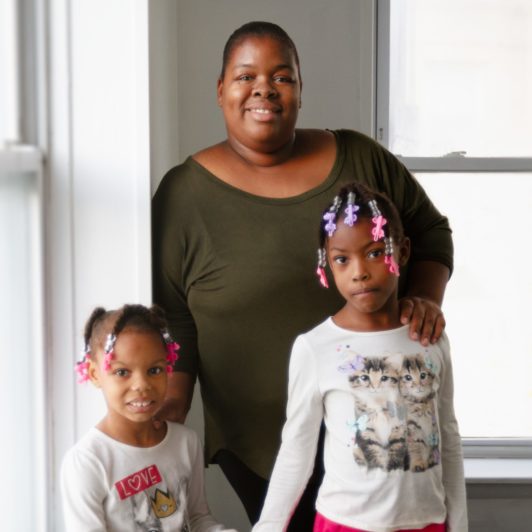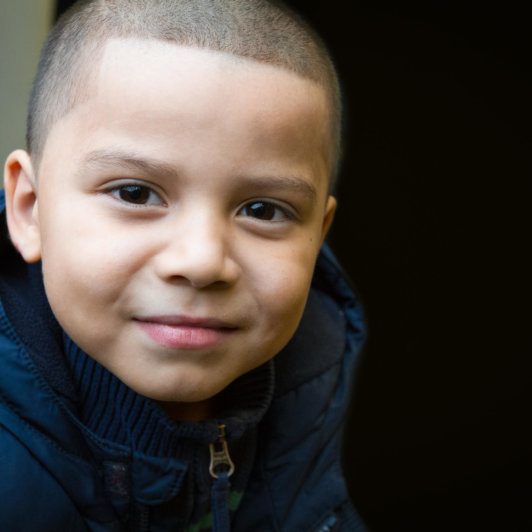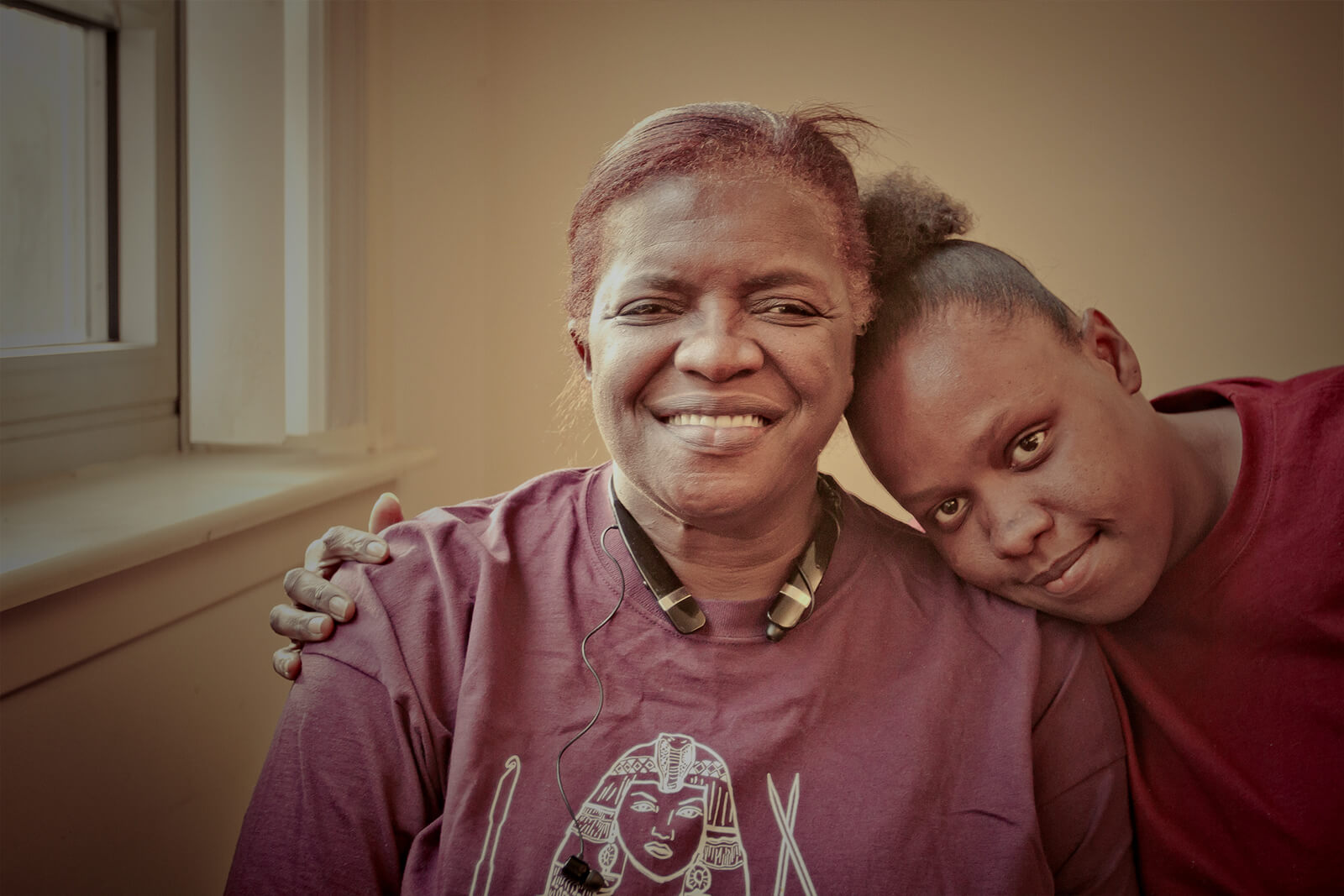Who We Serve

Last year, Facing Forward served over 3,000 children and adults in 3 key program areas:
Permanent Supportive Housing (PSH)
Facing Forward’s longest-running program serves families and individuals who have experienced chronic homelessness and are living with a disability.
Our Permanent Supportive Housing (PSH) program provides long-term housing paired with family-wide supportive services. Every household is matched with a dedicated case manager who walks alongside them as they work toward their goals. With personalized support and resources, clients can improve their health, strengthen life skills, and pursue education and employment opportunities that empower them for lasting success.
In addition to ending cycles of homelessness, PSH is also contributes to significant cost savings community-wide by reducing reliance on crisis services like shelters, hospitals, and jails.
611 individuals served in FY24, 260 of which were children
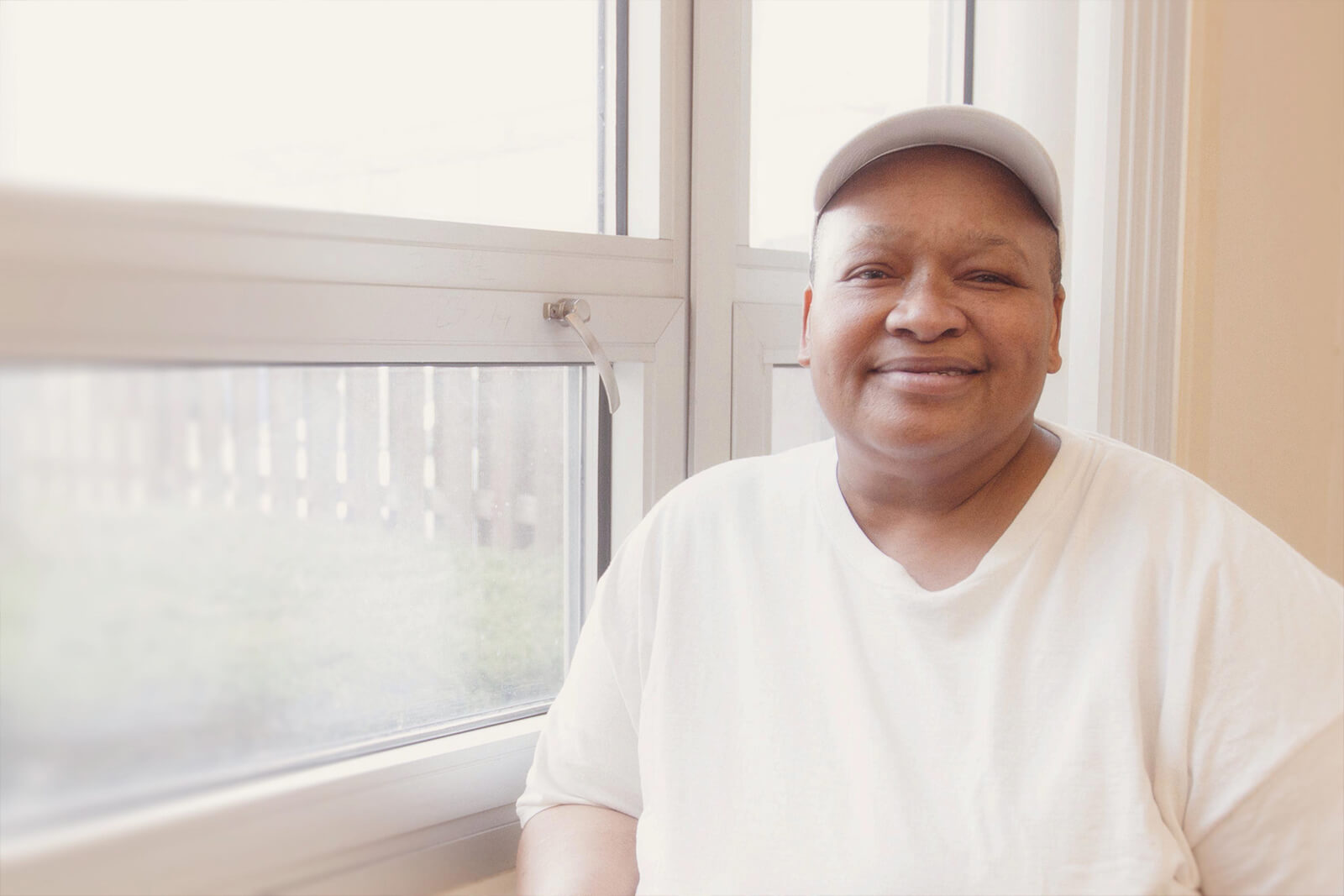
Innovative Programs for Families
We know that children whose parents experience homelessness are significantly more likely to face homelessness themselves. Facing Forward’s Innovative Programs for Families take a Two-Generation, or whole-family, approach to building stability.
Many families experiencing homelessness are doubled up—staying with relatives, friends, or acquaintances in overcrowded or unstable conditions. Because federally funded housing programs are often reserved for individuals staying in shelters or on the streets, these families are frequently overlooked and left without critical support. Our pilot programs address this gap by providing rapid access to housing and targeted, age-specific services that help families establish stability and move forward with confidence.
First Foundations
Serving families with expectant parents and children ages three and under who are facing or at risk of homelessness.
Facing Forward’s First Foundations program quickly secures stable, affordable housing for families and provides two years of rental assistance and comprehensive case management. Through tailored services like employment assistance, age specific support for children, parenting supports, and connections to childcare and family healthcare, we help families build stability and develop the skills necessary to move from the program into stable housing of their own.
27 families/83 individuals served in FY24
Home Connection
Serving families with students experiencing or at risk of homelessness.
In partnership with Chicago Public Schools and University of Chicago Urban Labs, the Home Connection program provides housing-focused case management, short-term financial assistance, and up to one year of rental assistance for families with students experiencing or at risk of homelessness.
136 families/482 individuals served in FY24
Housing Resource Specialists
Serving individuals and families experiencing homelessness.
Facing Forward’s Housing Resource Specialists are part of a citywide network working within Chicago’s Coordinated Entry System to connect people experiencing homelessness with housing and support. This system ensures fair access to a shared housing waitlist, prioritizing those with the greatest need such as families with children, individuals experiencing long-term homelessness, and individuals with serious health conditions.
In addition to conducting assessments, Housing Resource Specialists provide immediate support by distributing hygiene kits and connecting individuals with essential resources for food, shelter, medical care, and employment services through trusted community partners.
1,994 assessments conducted in both English and Spanish in FY24
Assessments conducted at:
- Garfield Community Service Center
- Pacific Garden Mission
- Franciscan Outreach
- Center On Halsted
- Lincoln Park Community Center
- Heartland Alliance
- Northwestern Memorial Hospital’s Emergency Room
- ...and more!
Our Approach
Facing Forward to End Homelessness is guided by five central models of care:
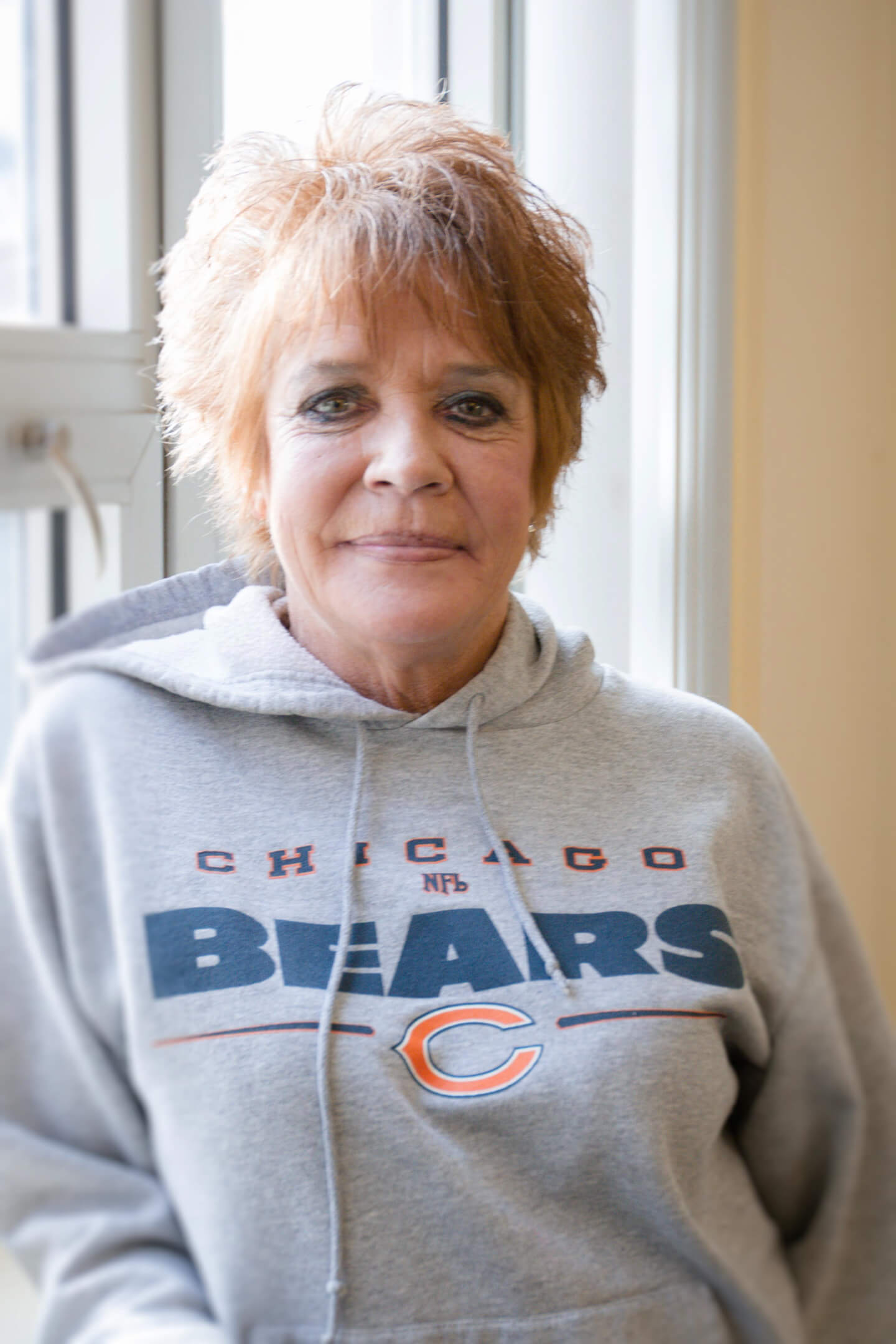
Annual Reports

2024 Annual Report
Download PDF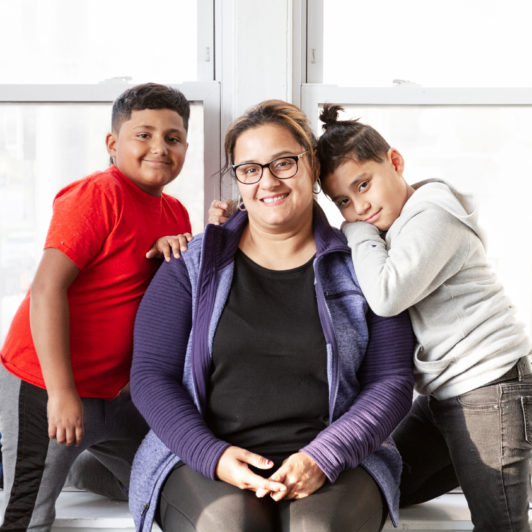
2020 Annual Report
Download PDF
2023 Annual Report
Download PDF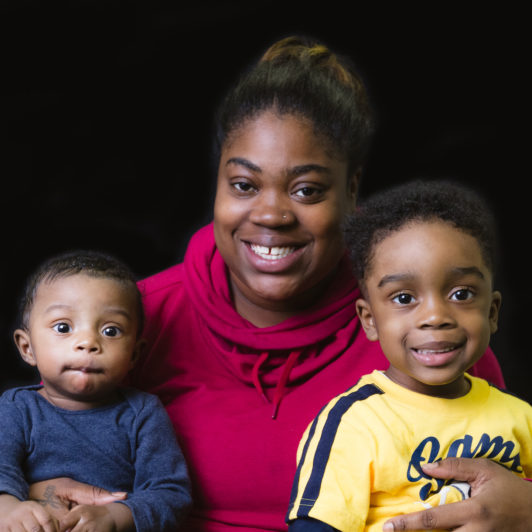
2019 Annual Report
Download PDF

2018 Annual Report
Download PDF